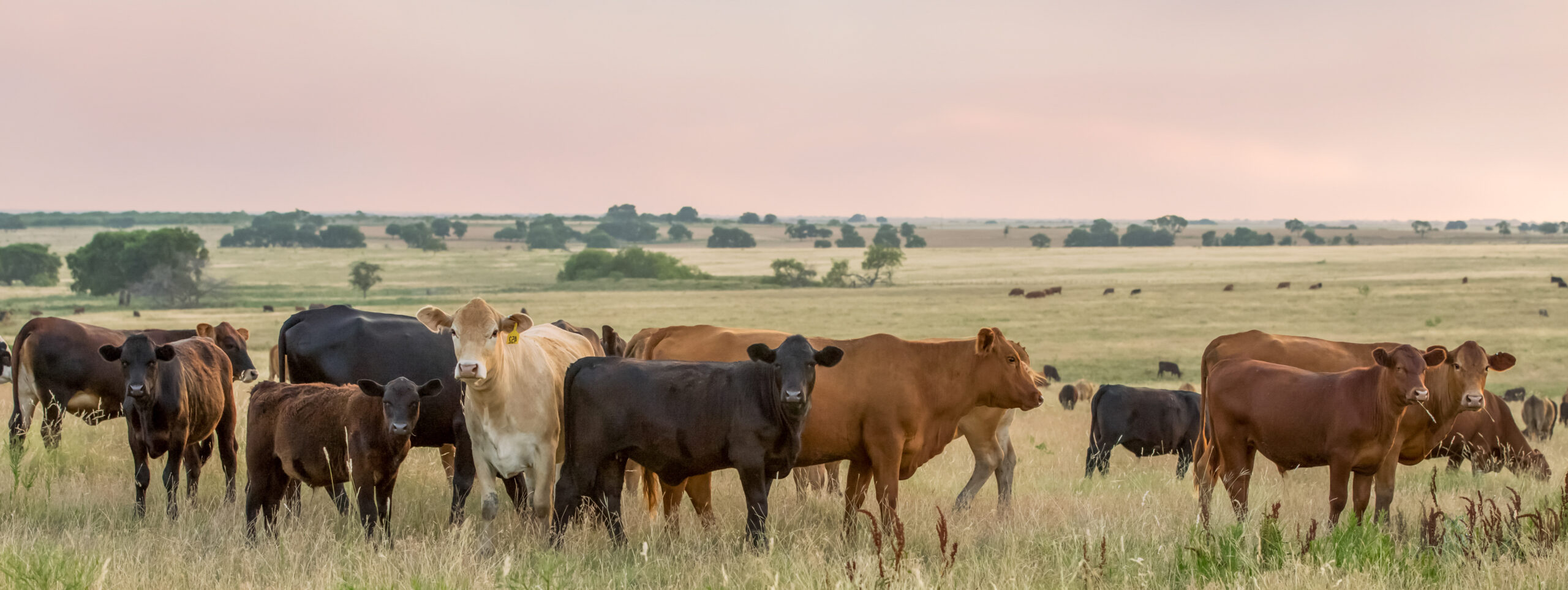AB Direct - Steers
Rail: 455.00-460.00 del
AB Direct - Heifers
Rail: 455.00-460.00 del
US Trade- Steers
Rail: ---
US Trade - Heifers
Rail: ---
Canadian Dollar
0.03

New amendments to recreational access regulation enhance land management and accessibility in Alberta
Minister of Alberta Forestry and Parks, Todd Loewen, signed an Order in Council to amend the Recreational Access Regulation, which oversees recreational access to grazing leases in Alberta. This amendment introduces several significant changes aimed at improving the management and accessibility of these lands.
One of the key updates is the addition of a purpose statement under section 1.1, which clarifies that the regulation is designed to benefit Albertans by recognizing the economic, social, and environmental importance of agricultural disposition land. This statement sets the tone for the revised regulation, emphasizing its broader impact on the community.
In a move to modernize communication methods, the requirement for a “facsimile number” as a reasonable contact method has been removed from section 4(1). This change reflects the evolving nature of communication technology and aims to streamline contact processes.
The dispute resolution process has also been updated. Now, the department will provide a copy of the dispute to the leaseholder rather than the recreationalist, as outlined in sections 13(3) and 16(3). This shift aims to ensure that leaseholders are more directly involved in resolving conflicts.
Leaseholders are now empowered to offer guidance to recreational users under the new section 9.1. Although this section is not enforceable under the Provincial Offences Procedure Act, it encourages collaboration and mutual understanding between leaseholders and recreational users.
Biosecurity concerns have been addressed with the introduction of section 12(a.1), allowing directors to issue access orders to restrict entry for biosecurity reasons. This is particularly relevant for diseases such as Foot and Mouth Disease (FMD) and Bovine Tuberculosis (TB), highlighting the importance of protecting livestock health.
Section 10 has been updated to give leaseholders the discretion to create recreational management plans. However, the Minister now has the authority to modify or cancel these plans after notifying the leaseholder, ensuring that management strategies remain flexible and responsive to changing needs.
The role of the Land Stewardship Officer (LSO) has been further defined with additional updates in section 11, enhancing their authority and responsibilities in managing these lands.
Clarifications have been made regarding e-bicycles, with section 1(c) stating that they are to be treated the same as traditional bicycles. This update aims to eliminate confusion and ensure consistent treatment of different types of bicycles.
Target shooting has been explicitly added as a recreational activity, with leaseholders now having the authority to deny access for this purpose under sections 1, 1(1)(j), and 6. This addition recognizes the growing popularity of target shooting while balancing it with leaseholder rights.
Fines for offenses under the Recreational Access Regulation have been increased from $100 to $250, as amended in the Provincial Offences Procedure Act. This change aims to deter violations and promote compliance with the regulation.
Additionally, the department is taking steps to address gaps in liability risk for leaseholders, enhance education and operational efforts to reduce conflicts, and explore improved access for commercial recreation, such as outfitting, under the Public Lands Administration Regulation. These initiatives reflect a comprehensive approach to managing recreational access and ensuring the sustainable use of Alberta’s grazing leases.


Share this article on
About the Author
This post was a team effort by Alberta Beef Producers' directors, delegates, and/or staff. ABP works to keep Alberta's beef and cattle producers informed and engaged. Take a look around ABP Daily for regular, real-time information ranging from market reports to the latest updates from our efforts and initiatives here at ABP. Or head to albertabeef.org, our steadfast resource hub, for everything from check-off downloads to educational resources.